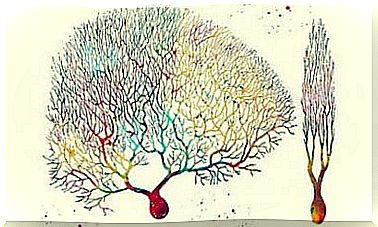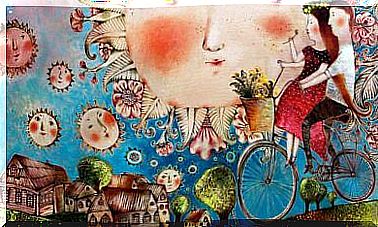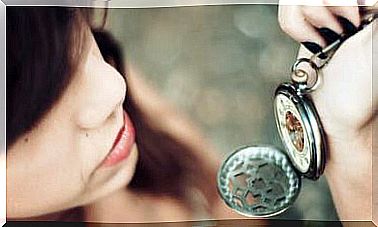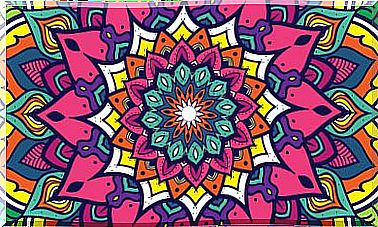How Are Personality And Emotions Related?

Each of us is as we are, just as no one is exactly who he was, that is clear. But, have you ever wondered to what extent your way of being influences how you feel or how more positive or negative emotions appear in your life? To what extent does your personality influence the inclination of this scale?
If we are happy, our mental health will be better, we will feel greater subjective well-being and our satisfaction with life will be higher. Find out if your personality traits make your happiness is greater or, on the contrary, cause negative emotions predominate in your life!
Why is positive affect beneficial?
Positive affect is the propensity to experience more positive than negative emotions over time. These pleasant emotions cause people to have a broader and richer repertoire of behaviors than those who feel more emotional distress. In addition, it promotes healthy lifestyle habits, making it an effective means of prevention.
This makes life satisfaction higher. This satisfaction is the perception that each of us has of the quantity and quality of happiness that we enjoy. But how important is this to our well-being? A lot. And not only on a psychological level, but also on a physical level. High life satisfaction is related to longer life expectancy, health, and longevity.

In fact, it is an advantage in hormonal balance, as well as in other indicators of both the physiological and immune systems. But it is also associated with greater satisfaction with our social relationships (both friends and couples) and with our salary and work. Finally, it makes us have adaptive coping strategies, aimed at solving problems.
Personality and happiness
Numerous studies have been carried out on how personality traits influence the type of emotions that predominate in our lives. Thus, it has been found that neuroticism is related to negative affectivity, while extraversion is related to positive. In other words, intraverted people tend to score higher in negative affect and extraverts in positive affect.
Now let’s look at the different types of affective personality. We found four. The first is encompassed by self-constructive people, who score high in positive affect and low in negative. This first type, of course, has higher levels of happiness or subjective well-being.
The second type of personality is the affective-high. Those with intense affection would have it, both towards the positive and negative poles. They are the next happiest. They are followed by the third type: low affective. Who are these? Those with low levels of both types of affections.

Finally, the least happy would be those of the self-destructive affective personality type. These people have low levels of positive affectivity, but high levels of negative affectivity. That said, it’s not hard to imagine your subjective well-being levels being the lowest.
Personality and resilience
In these investigations it has been found that the self-constructive type presents high scores in extraversion and low in neuroticism. But not only that, they also score high on another trait that we haven’t mentioned so far: responsibility.
This personality profile is not only related to higher levels of happiness, but it is also associated with greater resilience: the ability to see difficulties as challenges to overcome and from which to emerge strengthened, instead of seeing them as insurmountable walls. or threats.
Thus, people who are unable to cope with situations fit the vulnerable or inhibited profile. Or what is the same: with the self-destructive type. Given this, it can be assumed that the personality has a strong relationship with our global health, influencing the different areas of our life, such as our emotional state, with all that this means.
Images courtesy of Lesly B Juarez, Haley Phelps, and Brooke Cagle.









